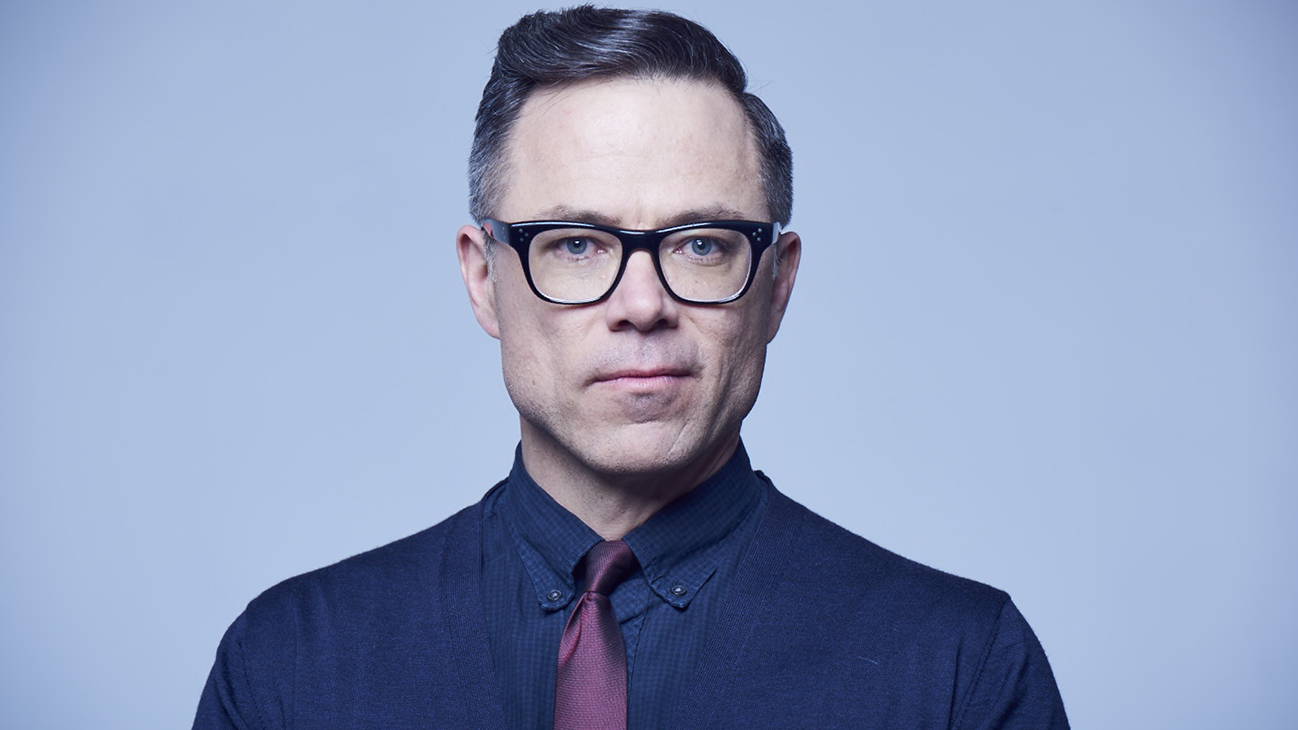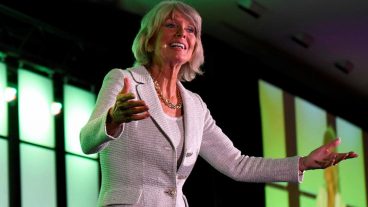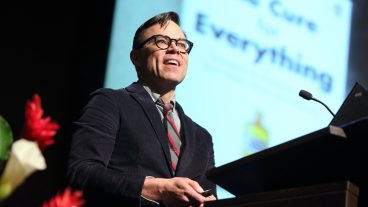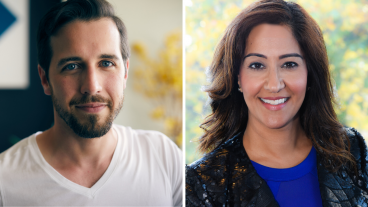In a time where we are all being inundated with information, it’s more important now than ever to trust in science and fight misinformation. This is what Timothy Caulfield is urging all of us to do in his recent Globe and Mail opinion piece.
“What is driving the novel coronavirus infodemic?” Timothy writes. “Fear, uncertainty and opportunistic marketing are all playing a role. But it is also a legacy of our growing distrust of science, experts and health-care institutions. Not only is this the era of misinformation, it is also the era of distrust.”
Timothy is a Canada Research Chair in Health Law and Policy at the University of Alberta, and has become an unrivalled communicator who debunks myths and assumptions about innovations in the health sector. Often called on by the media to help discern truth from pseudoscience, Timothy’s expertise is now in more need than ever as we all struggle through the global pandemic, and ensuing infodemic.
An infodemic is a surplus of information available about a problem that is actually detrimental to its solution. Distrust of science has been permeating throughout our pop culture for several years, but now in a real crisis we are seeing the devastating effects it can have.
Timothy writes:
A survey from 2019 found that 32 per cent of Canadians express skepticism about science and 44 per cent believe scientists are “elitist.”
We need to take care not to overstate or oversimplify the problem. The issue of trust is complex and health-care providers and scientists are still relatively respected voices. But there is no doubt that even a modest increase in suspicion toward these key institutions can help fuel the spread of harmful misinformation. Indeed, any lack of trust in science, public-health officials and health-care institutions will make it more difficult to combat both the outbreak and the spread of misinformation — a reality that has already had an impact in countries such as China.
This cloud of distrust evolves from a political atmosphere of distrust, writes Timothy, with world leaders blaming the “other” and political opponents instead of focusing on the health crisis at hand.
“This kind of rhetoric both leverages existing prejudices and distrust and seeks to create more of both,” Timothy said. “Suspicion can breed more suspicion, especially when it is linked to a political agenda. Indeed, there is some research that suggests that distrust of science is associated with particular ideological leanings.”
And, of course, misinformation is spread by companies looking to profit off of the pandemic, leveraging it to sell untested health products and practices.
“The wellness industry, for instance, is built on a foundation of cultivated suspicion of science and conventional health institutions,” Timothy says. “A core marketing message of alternative practitioners, the “natural health” industry and wellness gurus is that conventional health care has deficiencies that can only be remedied by their products and approaches.”
Timothy is hopeful though that the global pandemic will help erode this culture, and rebuild our trust in science as we it becomes more evident the need for credible sources and information as well as a swelling appreciations for healthcare officials and front-line workers struggling to keep us safe.
Here, he makes his call to action, outlining a three-step plan to build trust with the public and ensure they have the information they need to persevere through this difficult time. It begins with accurate information, and ends with trust.
First, we need to prioritize the production and dissemination of good, trustworthy science. And this includes addressing the issues that give the public legitimate reasons to question academic research (such as conflicts of interest, fraudulent studies). As noted in a 2019 report by Britain’s Royal Society on battling misinformation, “Scientists, professional associations, academic institutions and funding bodies must act to put their own house in order by promoting ethics and integrity.”
We should continue to scrutinize and re-evaluate scientific findings. Good science demands and welcomes re-examination. But our critiques of science should be done in a scientifically coherent and transparent manner — were the methods bad, or are the results inappropriately hyped? — not by relying on conspiracy theories and ad hominem attacks that devalue science itself.
Second, we need to ensure our public-health experts have the resources necessary to provide the public with timely, accurate, credible and respectful information about emerging public-health issues. Studies have found that corrective information can counter the effects of misinformation, particularly if it is provided by a trusted voice — such as a government public-health agency.
Third, we need to do more to stop the explicit and tacit toleration of pseudoscience and the spread of health misinformation.
The coronavirus infodemic should stand as an enduring reminder of the irreplaceable value of good science, trust and a culture of accuracy and truth.
A Canada Research Chair in health law and policy, a professor in the Faculty of Law and the School of Public Health, and a research director of the Health Law Institute at the University of Alberta, Timothy Caulfield has been involved in a variety of interdisciplinary research endeavours that have allowed him to publish more than 350 articles and book chapters. His research focuses on topics like stem cells, genetics, research ethics, and the public representations of science and health policy issues.
Timothy is also the host and co-producer of the award-winning, hit documentary TV show, A User’s Guide to Cheating Death, available on Netflix, and the bestselling author of Is Gwyneth Paltrow Wrong About Everything?




